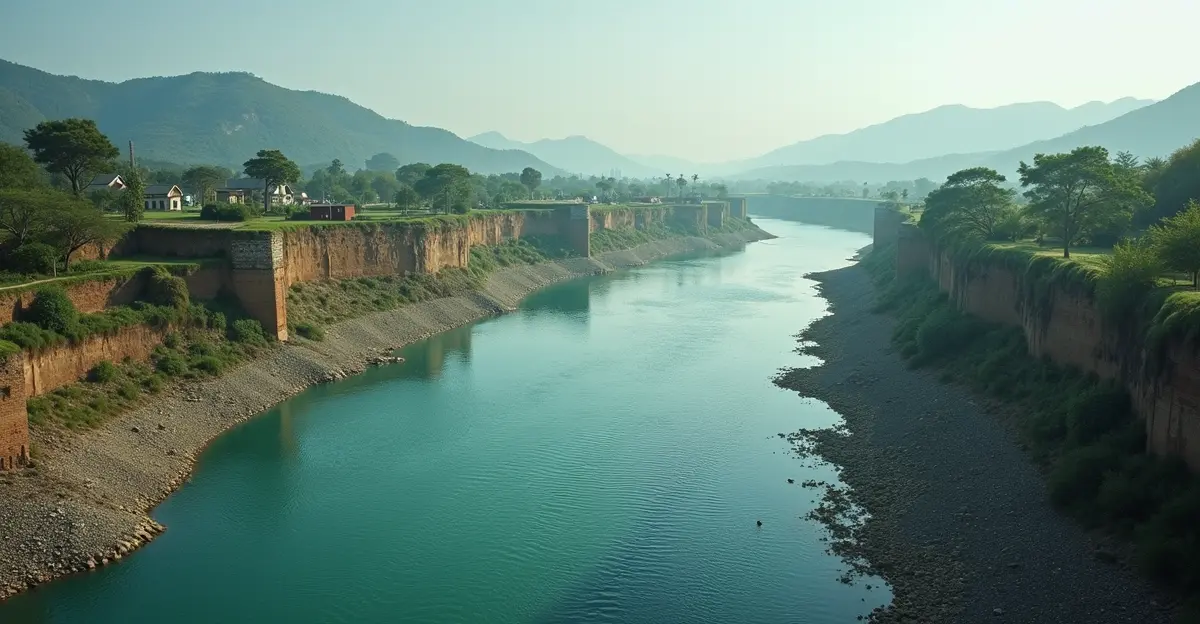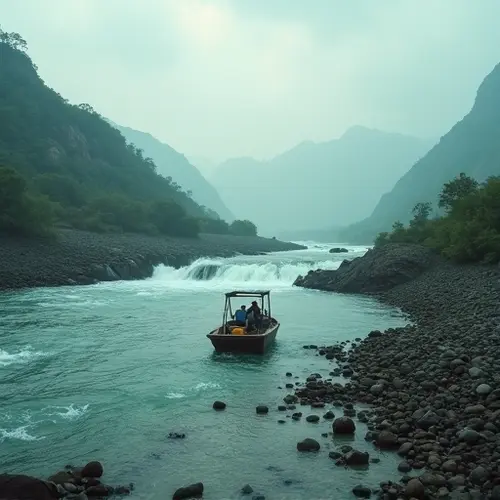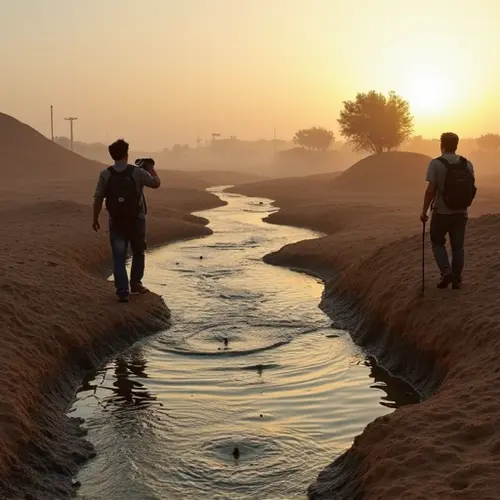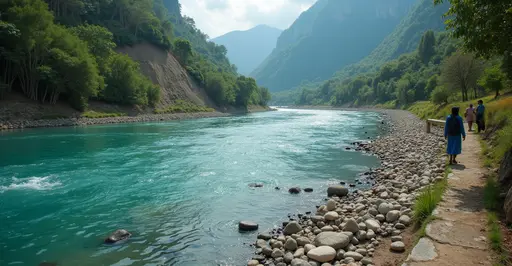
The Growing Geopolitics of Water
As climate change intensifies and populations grow, nations worldwide are increasingly competing for control over vital river systems, turning water into a strategic geopolitical resource. From the Nile to the Mekong, and from the Colorado to the Indus, international river basins have become flashpoints for diplomatic tensions and potential conflicts.
Historical Water Conflicts
Water has always been a source of both cooperation and conflict throughout human history. The Code of Hammurabi, dating back 3,800 years, contained some of the earliest written laws governing water use in ancient Mesopotamia. Today, the stakes are higher than ever as climate change alters precipitation patterns and growing populations demand more water for agriculture, industry, and domestic use.
Major River Basin Disputes
The Nile River conflict between Ethiopia, Egypt, and Sudan represents one of the most tense water disputes today. Ethiopia's construction of the Grand Ethiopian Renaissance Dam (GERD) on the Blue Nile has raised concerns in downstream countries about water security and flow reduction.
In Asia, the Mekong River basin sees tensions between China and Southeast Asian nations. China's upstream dam construction affects water flow to Cambodia, Laos, Thailand, and Vietnam, impacting fisheries and agriculture downstream.
The Colorado River, vital to seven U.S. states and Mexico, faces severe drought conditions that have forced unprecedented water allocation cuts and renegotiations of century-old water sharing agreements.
The Indus Waters Treaty: A Case Study
The Indus Waters Treaty between India and Pakistan, signed in 1960 and mediated by the World Bank, has been considered one of the most successful water sharing agreements. However, recent geopolitical tensions have put this treaty under strain, with India suspending certain provisions following security concerns.
International Water Law Framework
Several international frameworks attempt to govern transboundary water sharing, including the Helsinki Rules on the Uses of the Waters of International Rivers and various United Nations conventions. However, enforcement remains challenging, and many agreements lack mechanisms to address climate change impacts.
Future Challenges and Solutions
Experts warn that water conflicts will likely intensify as climate change reduces water availability in many regions. Solutions include improved water management technologies, desalination, wastewater recycling, and stronger international cooperation mechanisms.
Transboundary protected areas and cooperative management of shared river basins offer promising models for peaceful resolution of water disputes. The success of such approaches depends on political will, technical cooperation, and recognition that water security is essential for regional stability.

 Nederlands
Nederlands English
English Français
Français Deutsch
Deutsch Español
Español Português
Português







